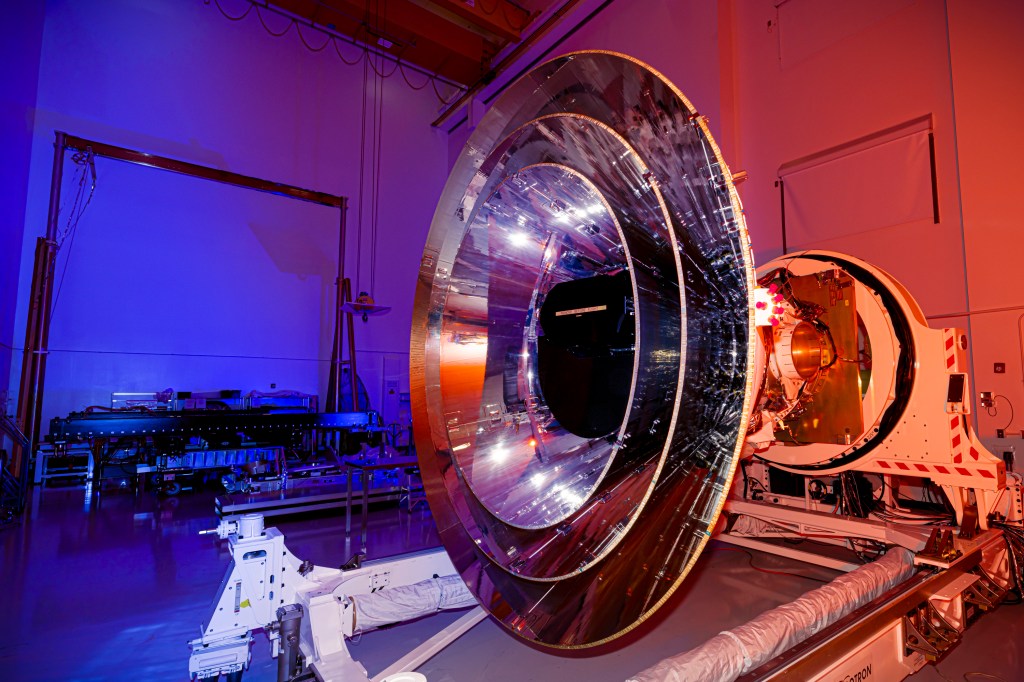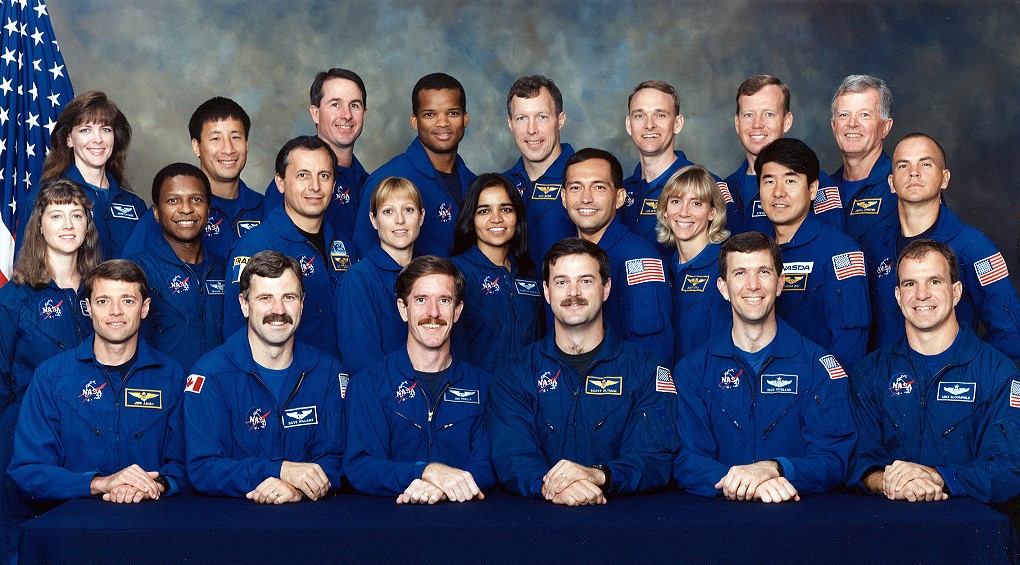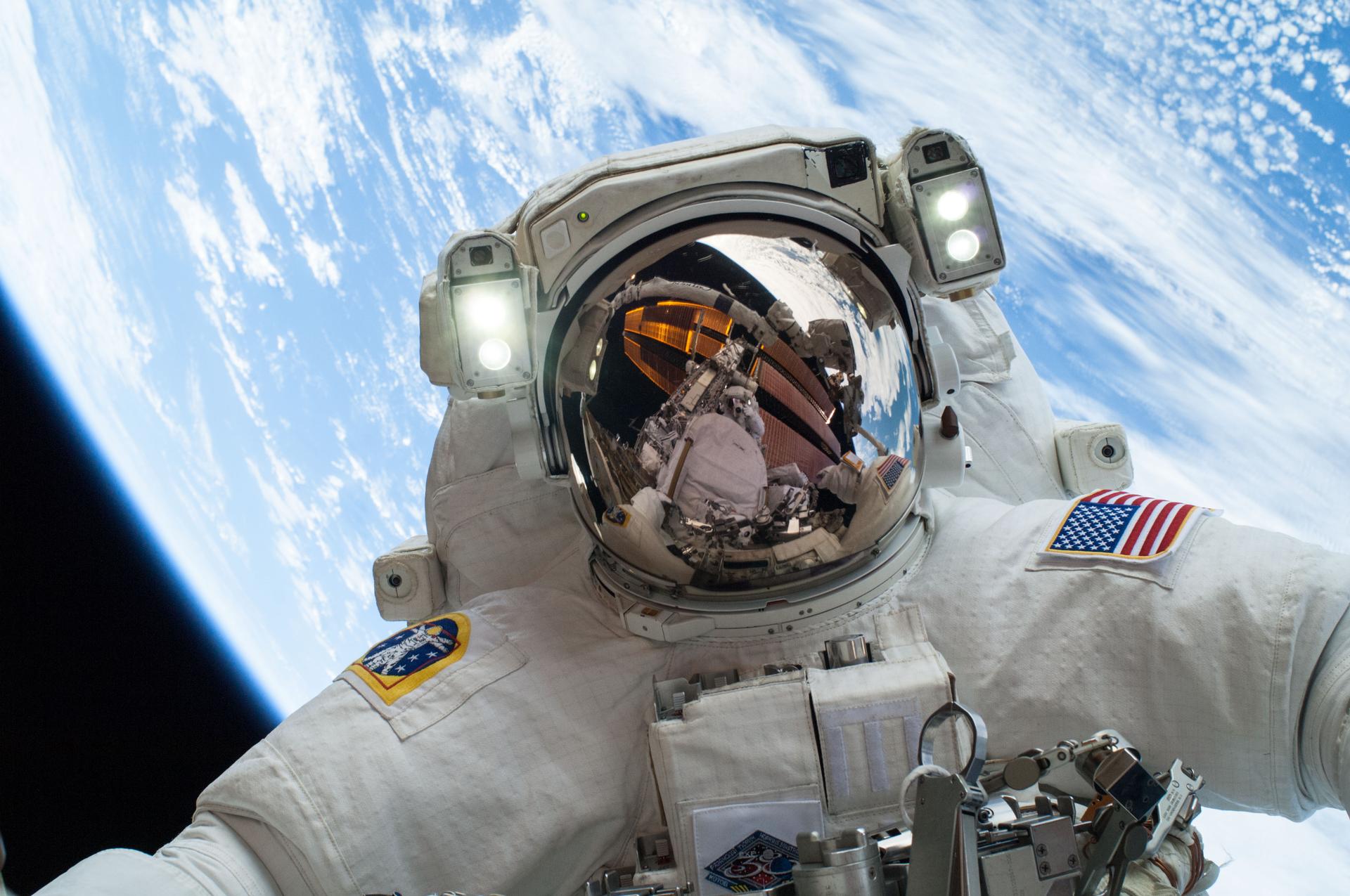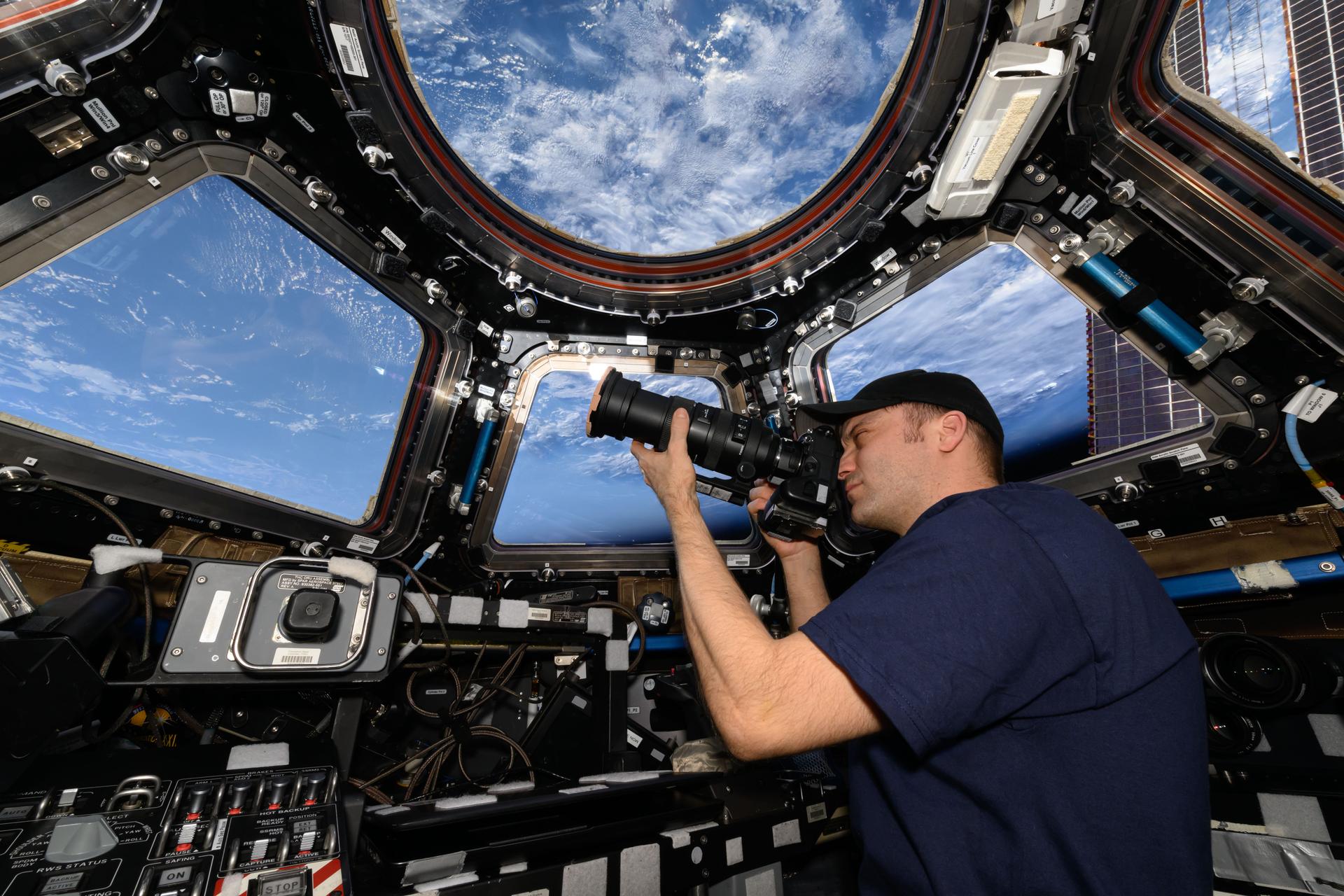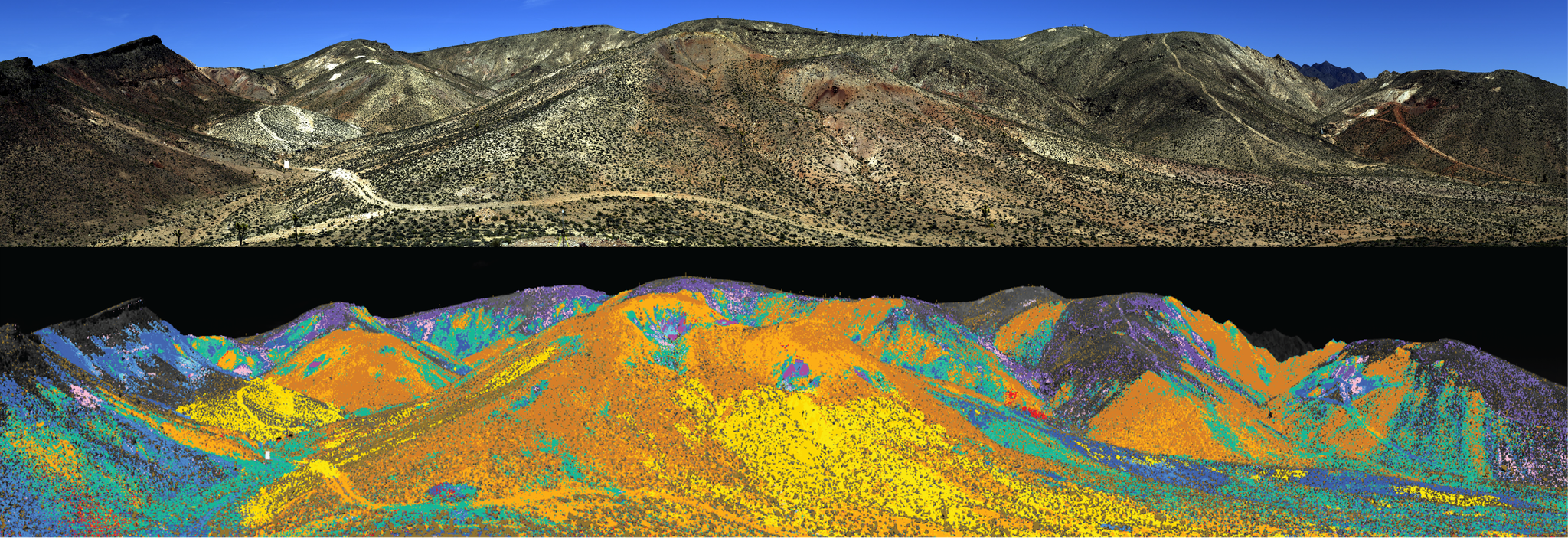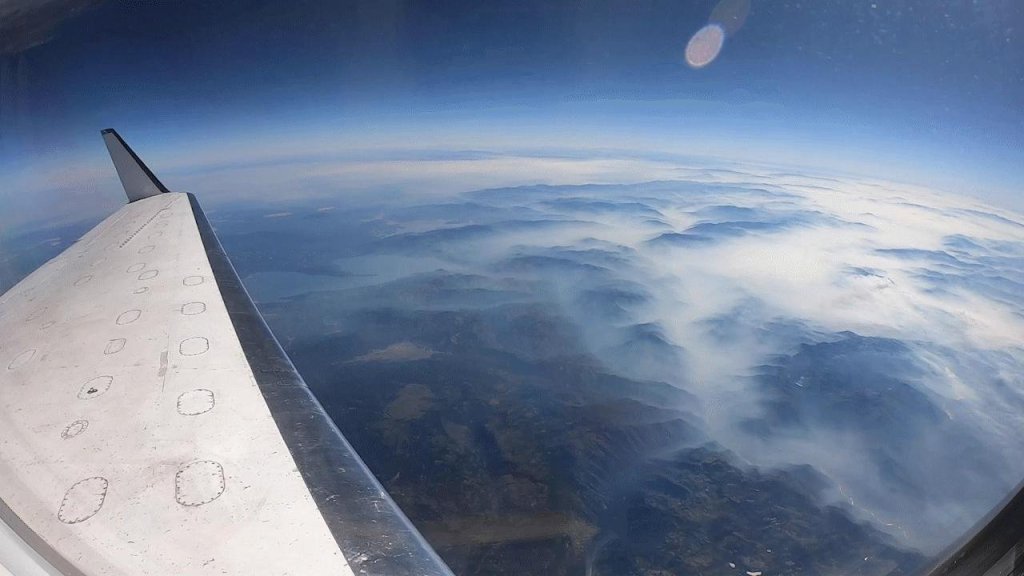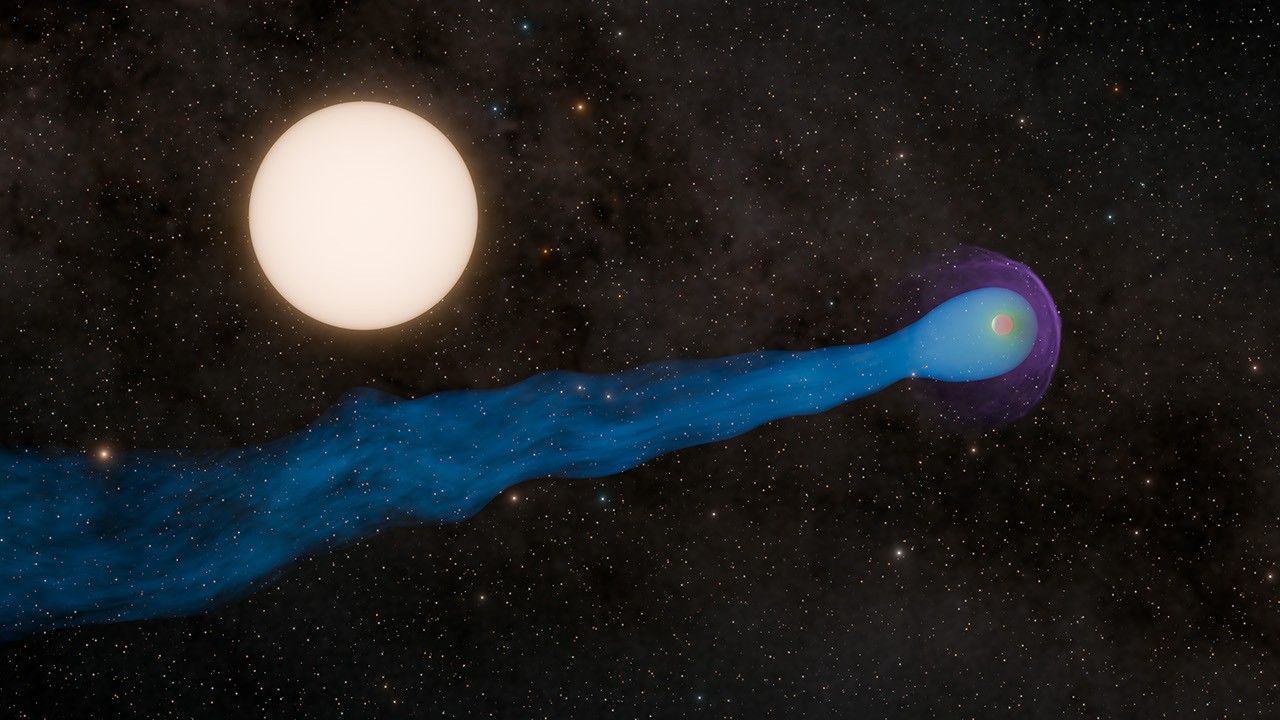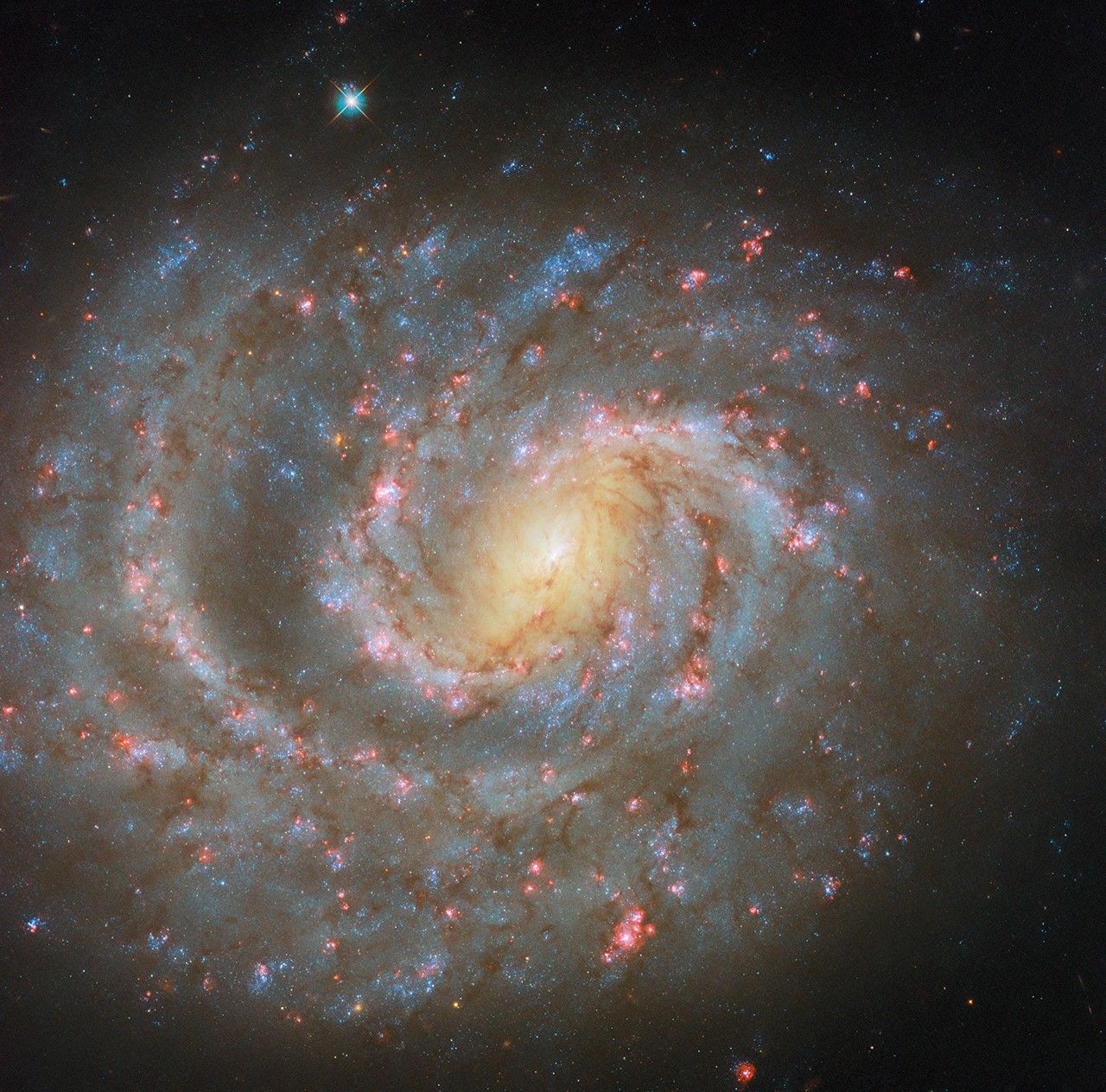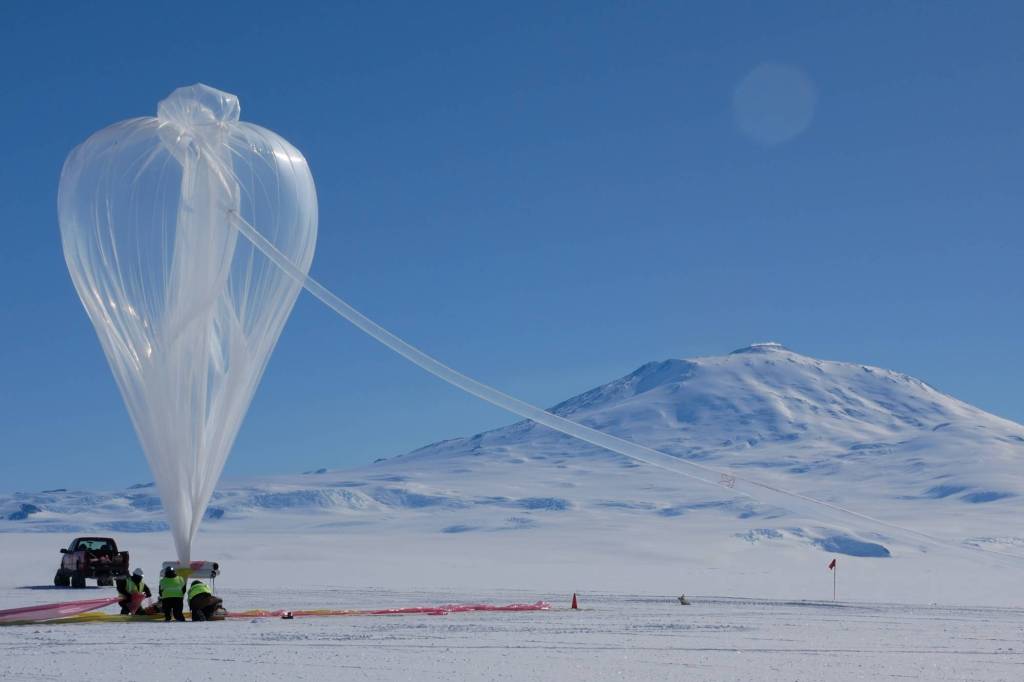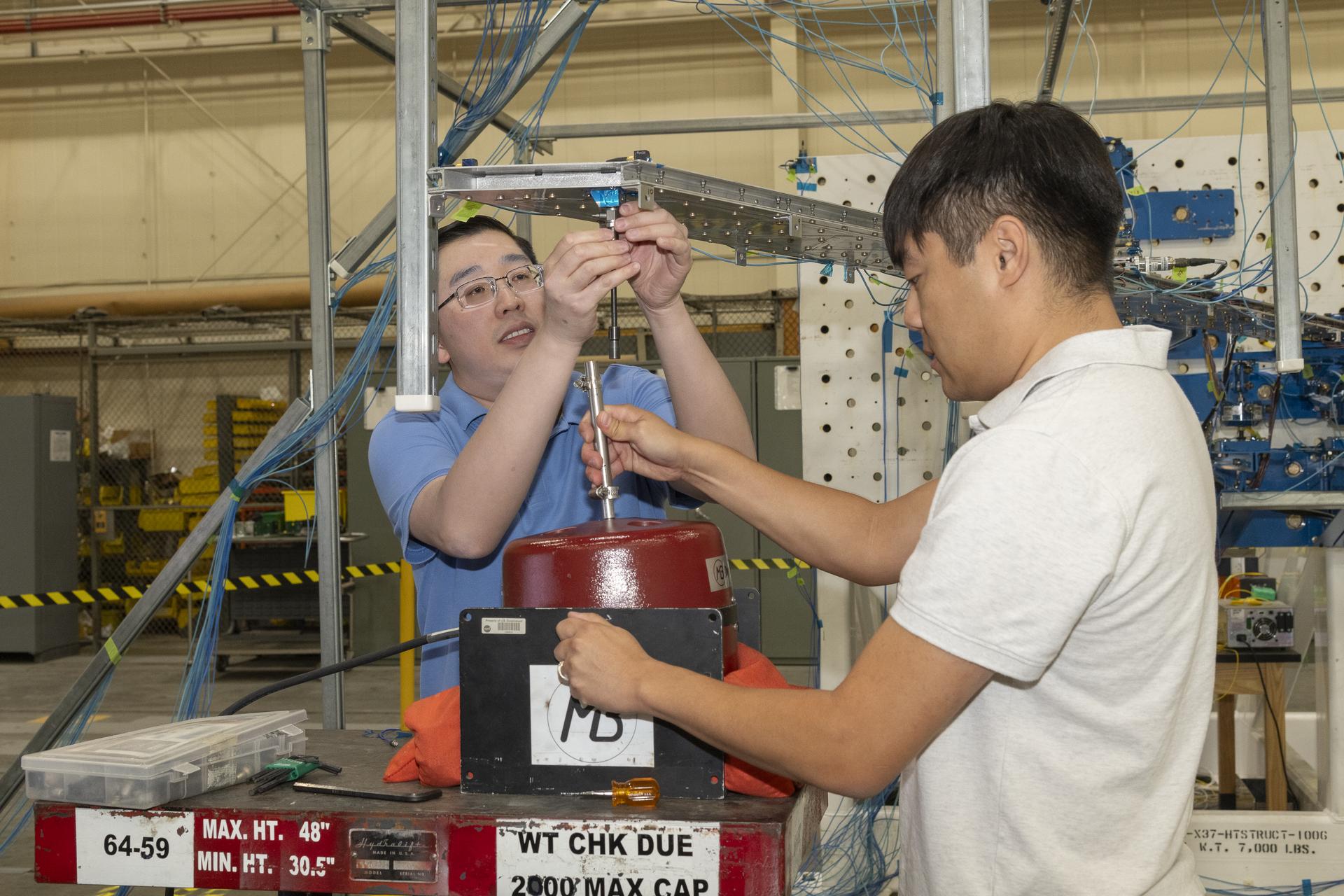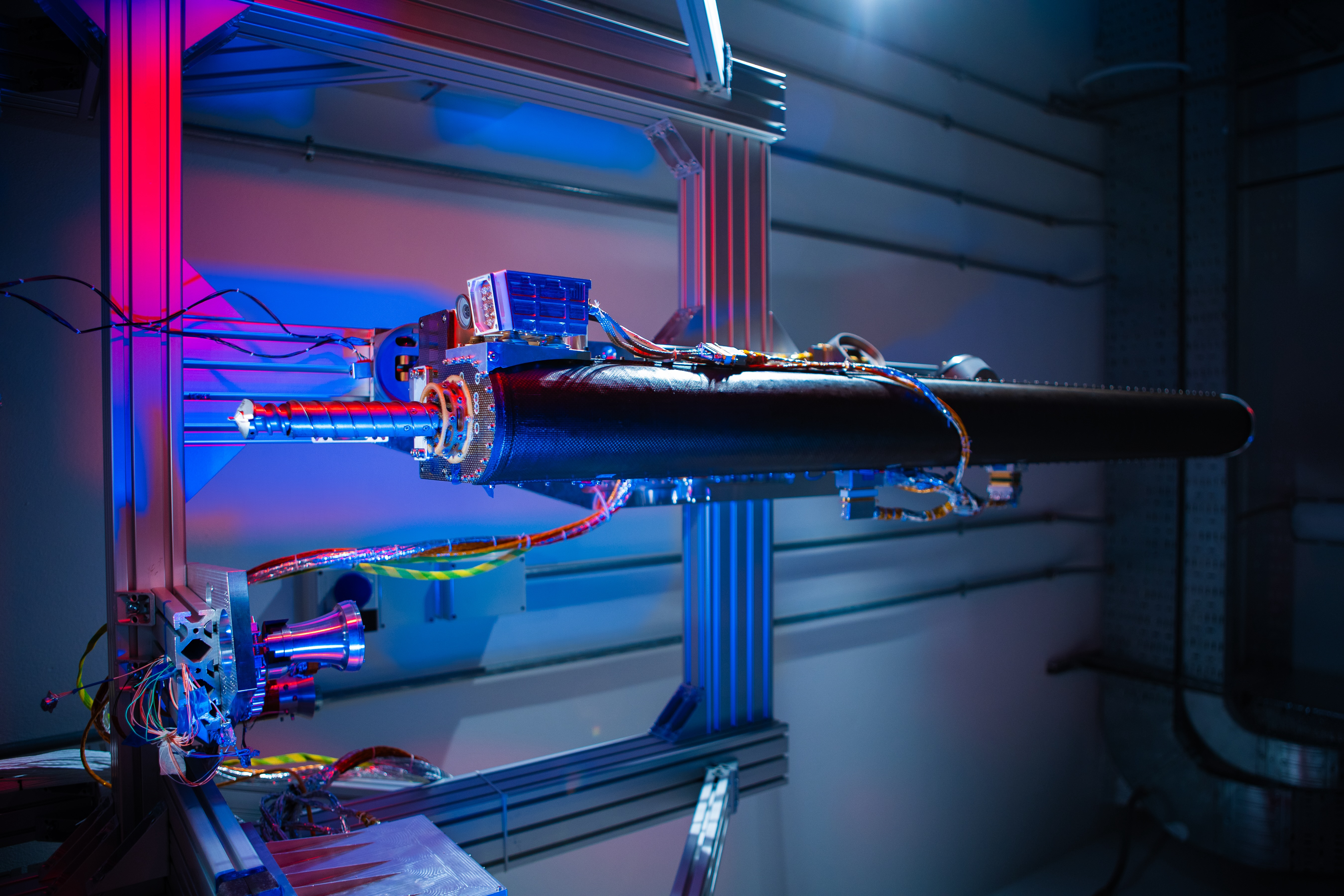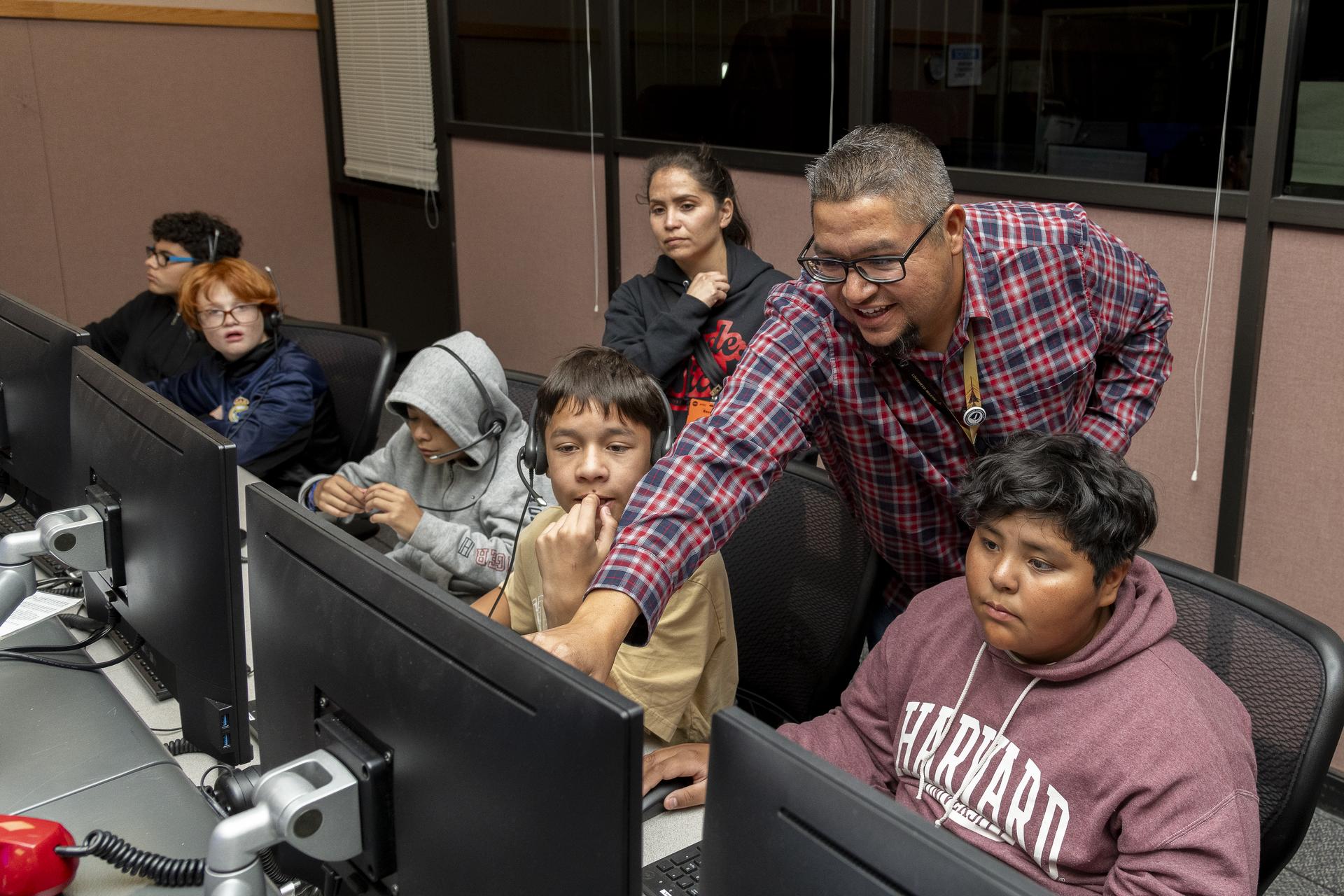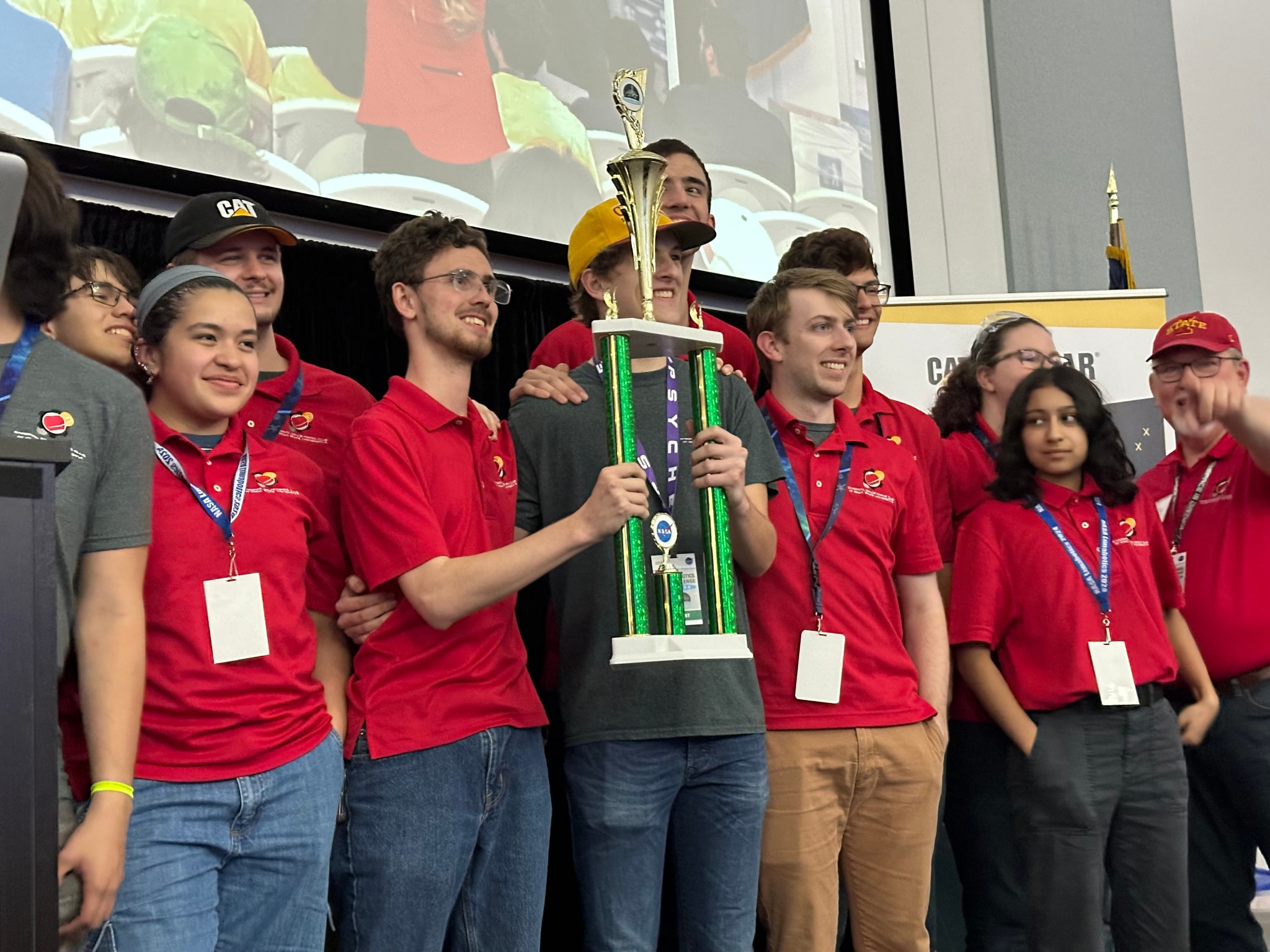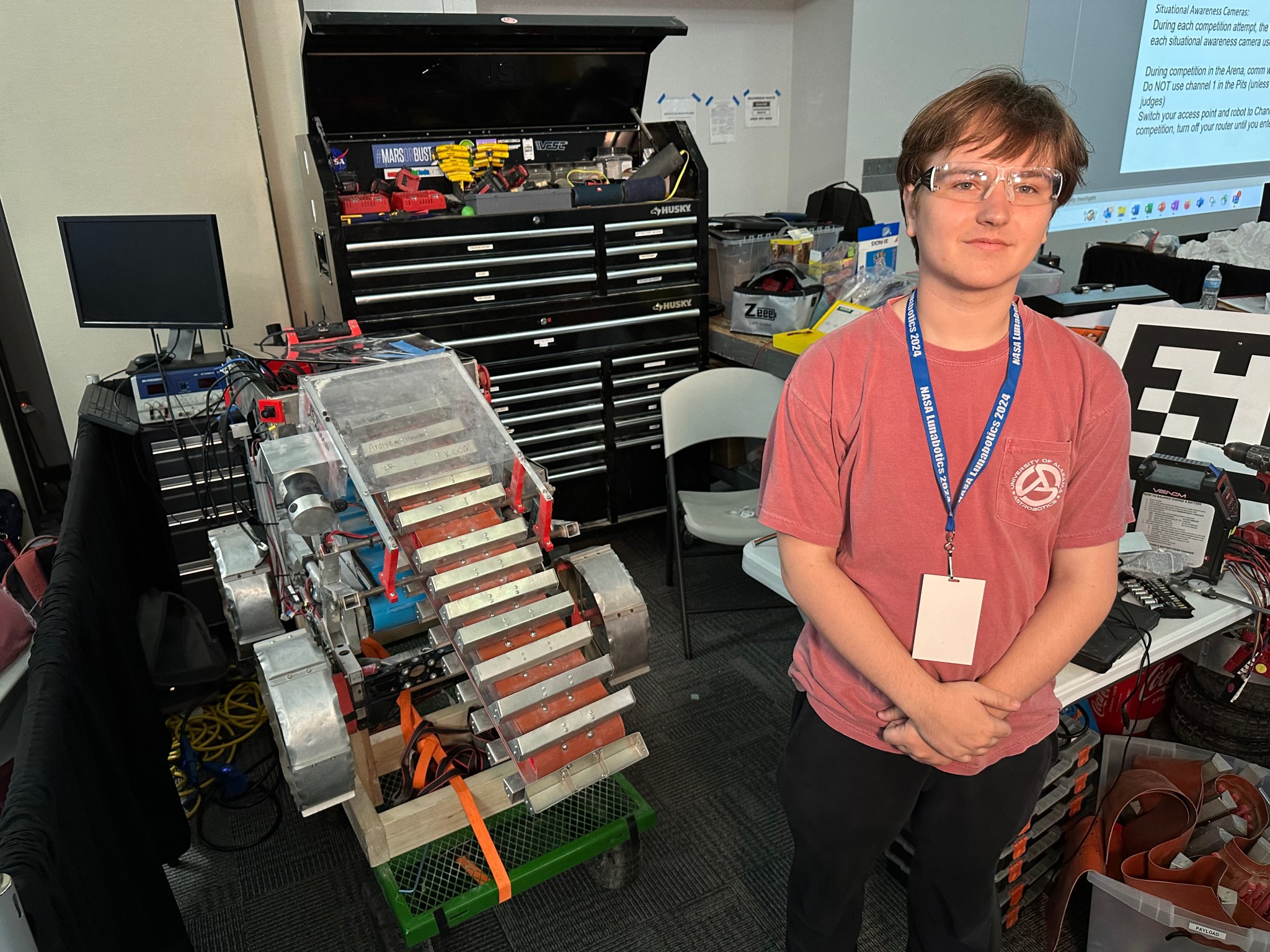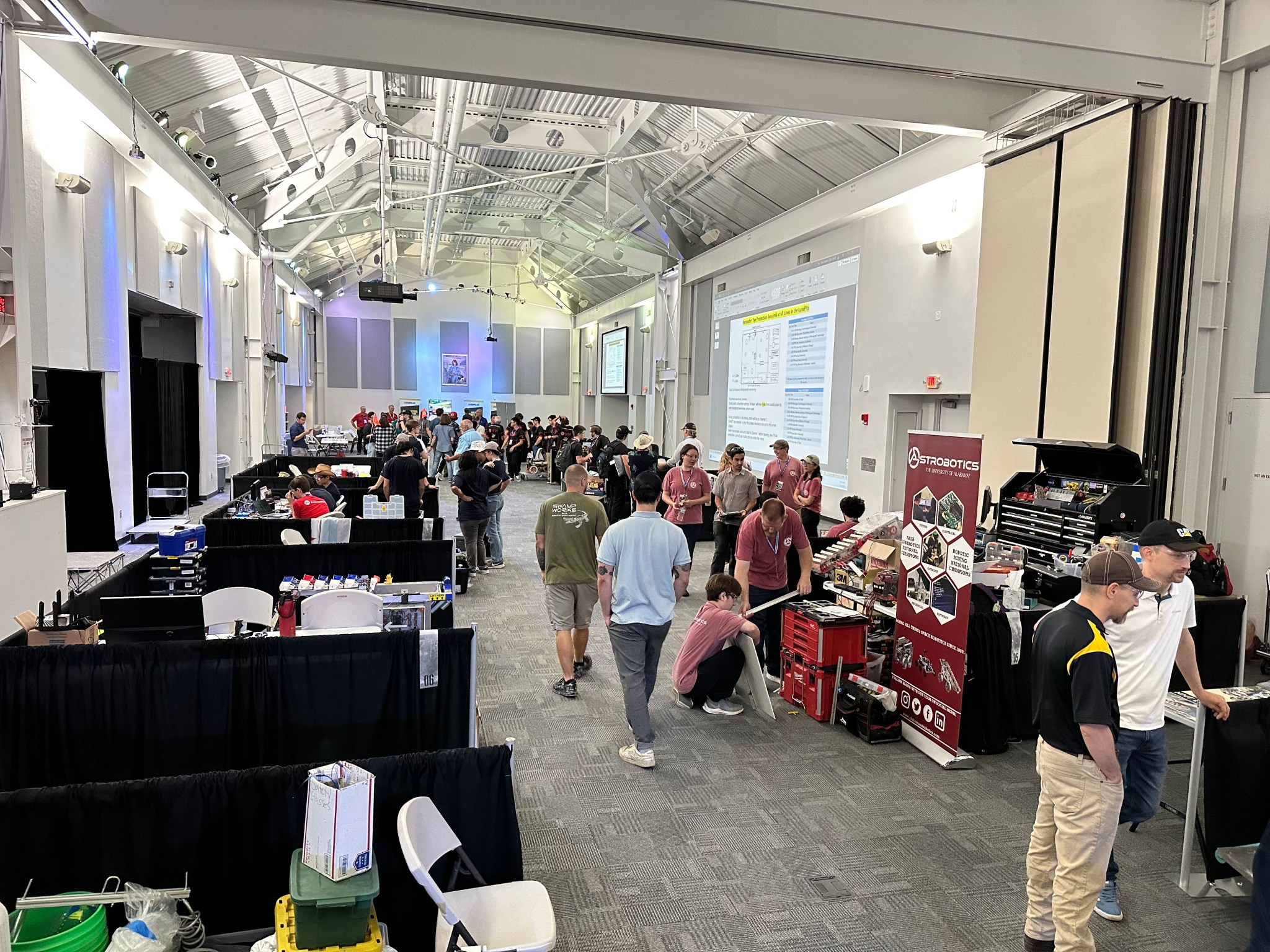Members of the Artemis Generation kicked up some simulated lunar dust as part of NASA’s 2024 Lunabotics Challenge, held at The Astronauts Memorial Foundation’s Center for Space Education at the agency’s Kennedy Space Center Visitor Complex in Florida. When the dust settled, two teams emerged from Artemis Arena as the grand prize winners of this year’s competition.
Teams from Iowa State University and the University of Alabama shared the Artemis grand prize award for scoring the most cumulative points during the annual competition. Judges scored competing teams on project management plans, presentations and demonstrations, systems engineering papers, robotic berm building, and science, technology, engineering, and math (STEM) engagement.
This is the first time in Lunabotics’ 15-year history that the competition ended in a tie for the top prize, and most likely the last time.
“Both teams earned their win, but a tie was never on the table,” said Rich Johanboeke, project manager at NASA’s Kennedy Space Center in Florida. “These students work hard and sacrifice much throughout the year to be a part of this challenge and to come to Kennedy, so our team will look into creating a tie-breaking event for future events.”
While previous Lunabotics competitions focused on lunar mining, this year’s competition reflected the current needs of NASA’s Artemis missions. Teams designed, built, and operated autonomous robotic rovers capable of building a berm structure from lunar regolith. Among other uses, berms on the Moon could provide protection against blast and material ejected during lunar landings and launches, shade cryogenic propellant tank farms, or shield a nuclear power plant from space radiation.
Of the 58 college teams across the country that applied to the challenge, 42 were invited to demonstrate their robotic rovers during the qualifying round held in the Exolith Lab at the University of Central Florida in Orlando. From there, 10 finalist teams made the short trip to Kennedy for the two-day final round, where their robots attempted to construct berms from simulated lunar regolith inside Artemis Arena.
“During the competition we had over 150 berm construction runs in the arena,” said Robert Mueller, senior technologist for Advanced Products Development in NASA’s Exploration Research and Technology Programs Directorate, as well as lead judge and co-founder of the original Lunabotics robotic mining challenge. “So, teams went into the arena 150 times and created berms – that’s pretty impressive. And 28 teams, which is 65% of the teams that attended, achieved berm construction points, which is the highest we have ever had. That speaks to the quality of this competition.”
Teams competing in this year’s Lunabotics applied the NASA Systems Engineering Process to create their prototype robots and spent upwards of nine months focused on making their designs realities.
“We really put a lot of work in this year,” said Vivian Molina Sunda, team and electrical lead for University of Illinois at Chicago. “Our team of 10 put in about 3,400 hours, so it’s really exciting to get to Kennedy Space Center and know we made the top 10.”
The University of Illinois team received two awards for its efforts – the Mission Control “Failure is Not an Option” Award for Team Persistence and the Innovation Technology Award for best design based on creative construction, innovative technology, and overall architecture.
For the hundreds of Artemis Generation members who took part in this year’s competition, Lunabotics was an opportunity to connect to NASA’s mission, work, and people, while also using classroom skills and theories in ways that will benefit them in future STEM careers.
“We go into engineering because we want to do stuff, we want to make things,” said Ben Gulledge, team and mechanical lead for the University of Alabama’s Artemis grand prize co-winning team. “This competition gives you the opportunity to take all your classroom theory and put it into practice and learn where your gaps in knowledge are. So, you learn to be a better designer and learn where you can improve in the future.”
Coordinated by NASA’s Office of STEM Engagement, the Lunabotics competition is one of NASA’s Artemis Student Challenges, designed to engage and retain students in STEM fields. These challenges are designed to provide students with opportunities to research and design in the areas of science, technology, engineering, and math, while fostering innovative ideas and solutions to challenges likely to be faced during the agency’s Artemis missions.
To view the complete list of NASA’s 2024 Lunabotics Challenge winners, or for more information visit:
https://www.nasa.gov/learning-resources/lunabotics-challenge/
Winners List
Artemis Grand Prize
Iowa State University, The University of Alabama
Robotic Construction Award
First Place – Iowa State University
Second Place – The University of Alabama
Third Place – University of Utah
Systems Engineering Paper Award
First Place – College of DuPage
Second Place – The University of Alabama
Third Place – Purdue University-Main Campus
Leaps and Bounds Award
New York University
Nova Award for Stellar Systems Engineering by a First Year Team
Ohio State University
STEM Engagement Award
First Place – University of North Florida
Second Place – Auburn University
Third Place – Iowa State University
Honorable Mention – Harrisburg University of Science and Technology
Presentation and Demonstration
First Place – University of North Carolina at Charlotte
Second Place – Purdue University-Main Campus
Third Place – University of Utah
First Steps Award – Best Presentation by a First Year Team
Harrisburg University of Science and Technology
Innovation Technology Award
University of Illinois at Chicago
The Mission Control “Failure is Not an Option” Award for Team Persistence
University of Illinois at Chicago

